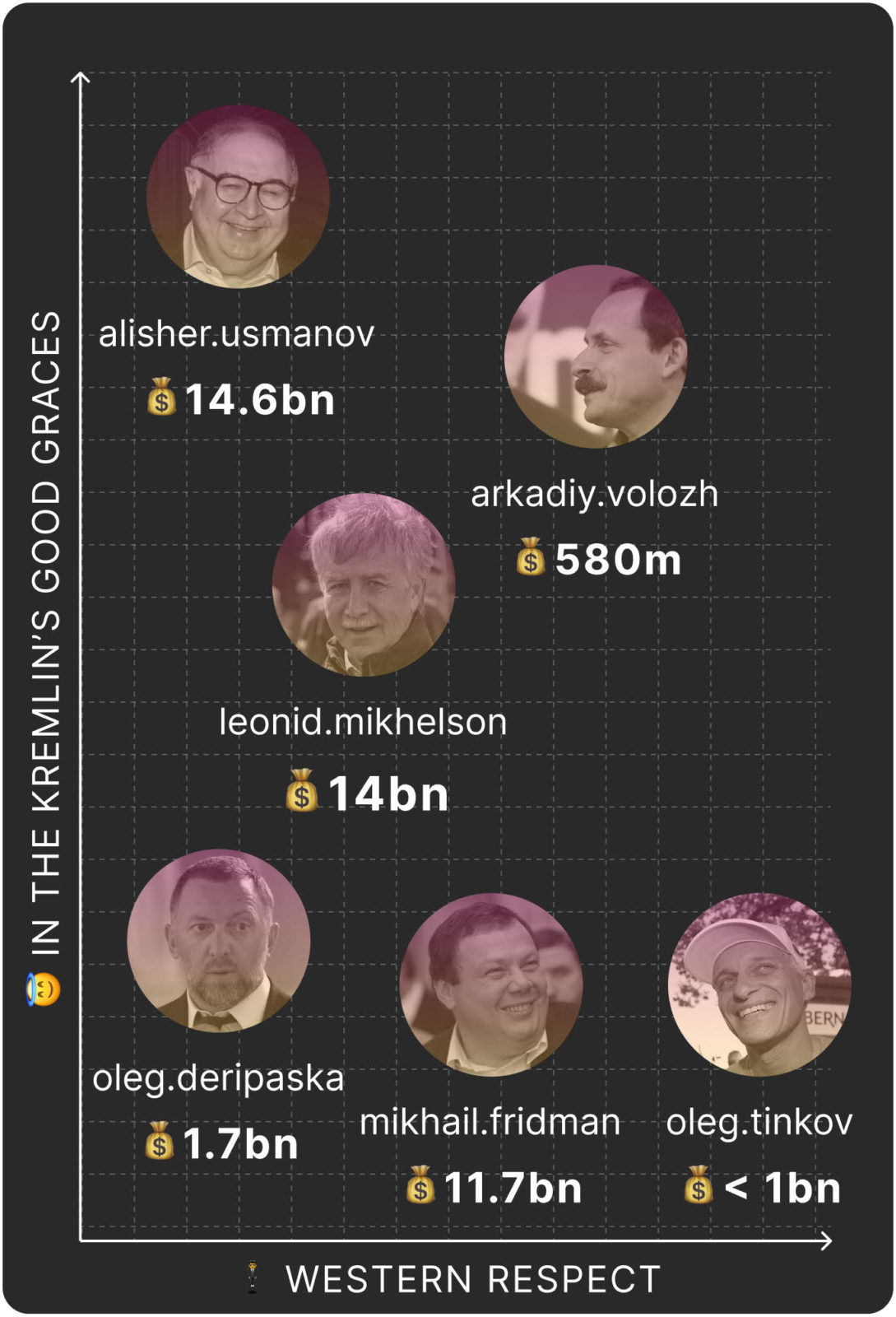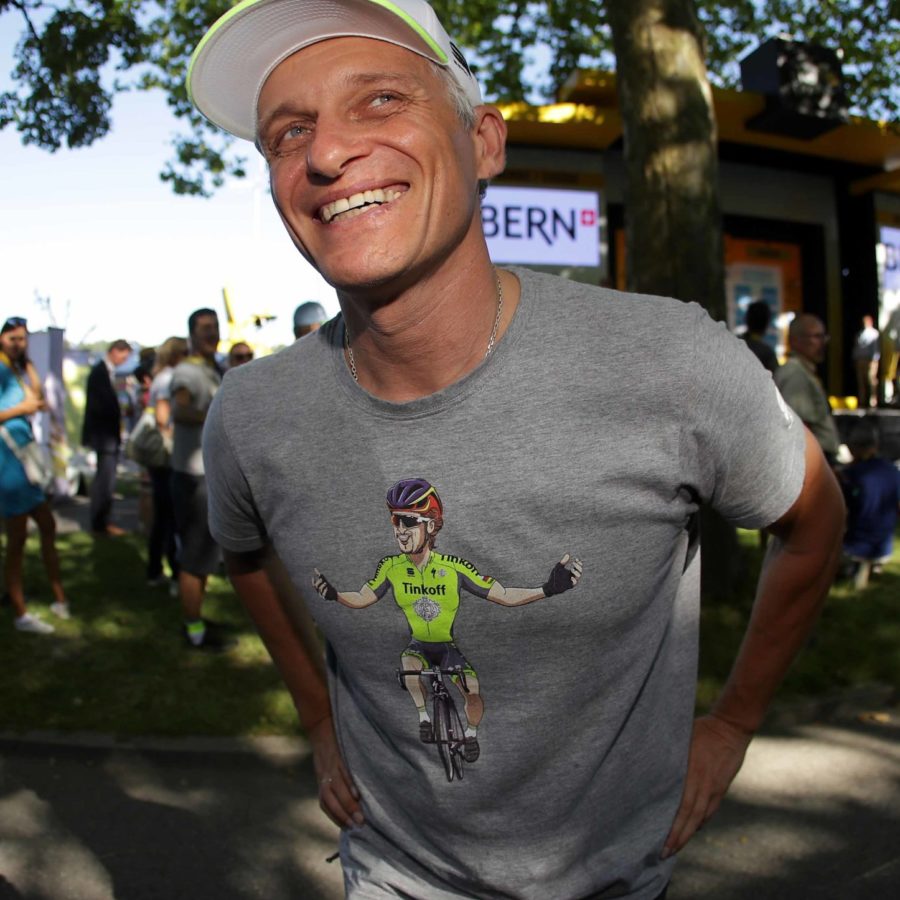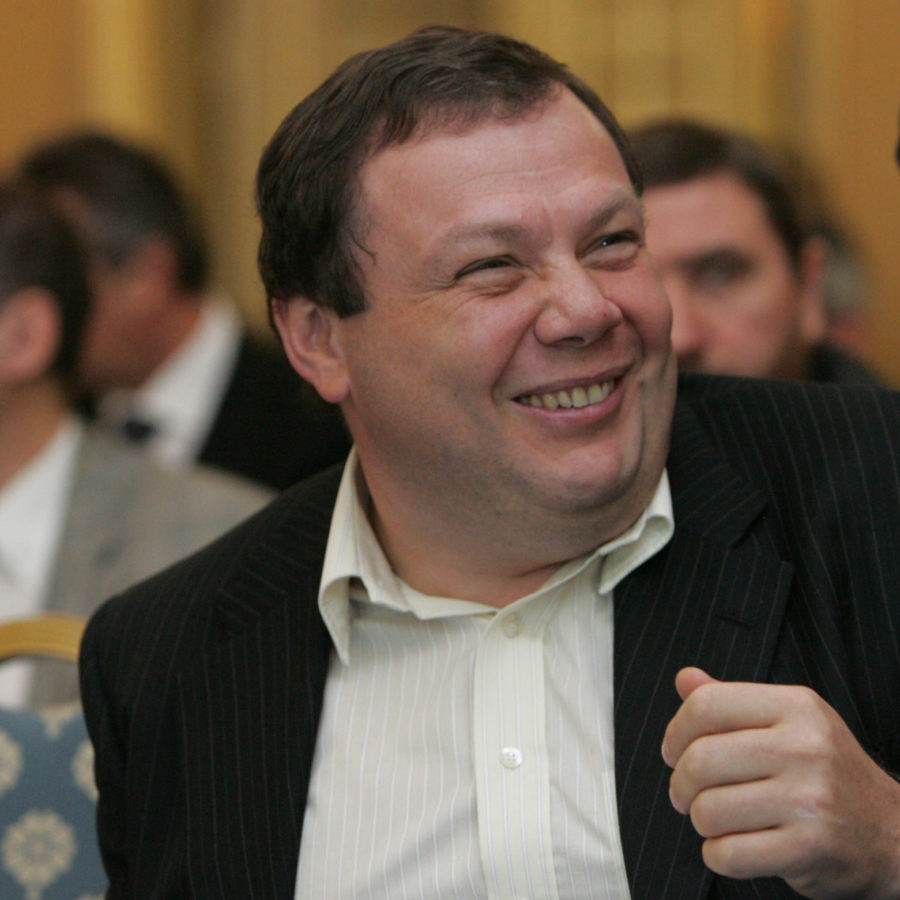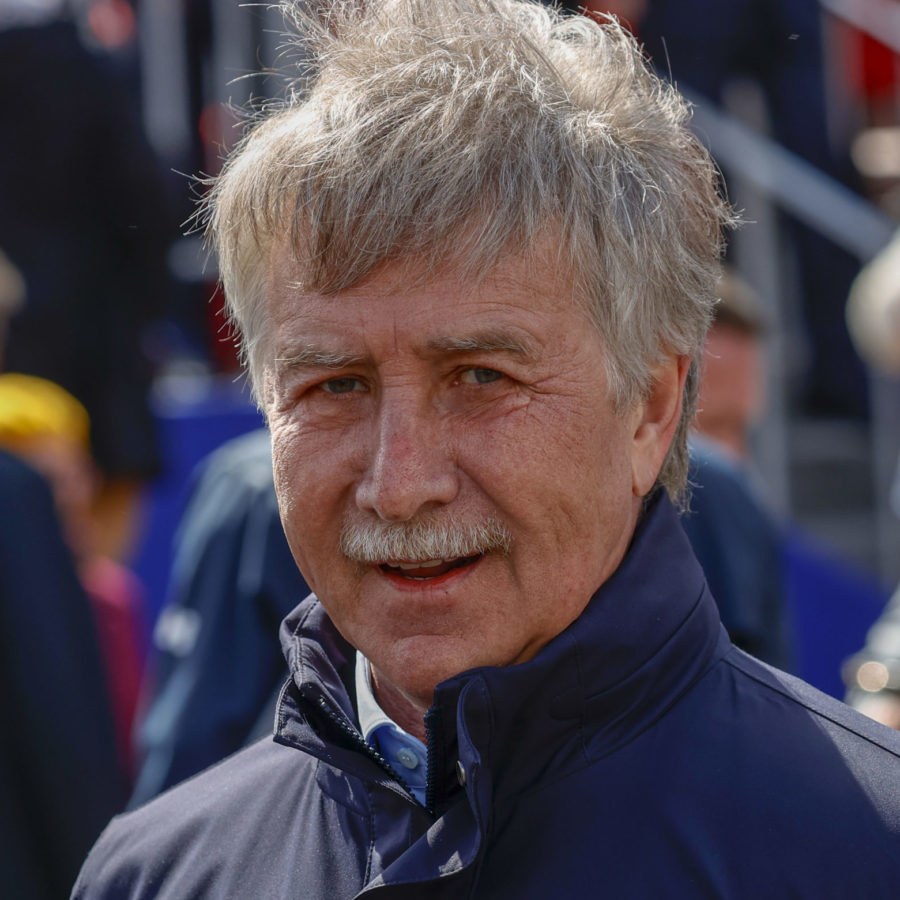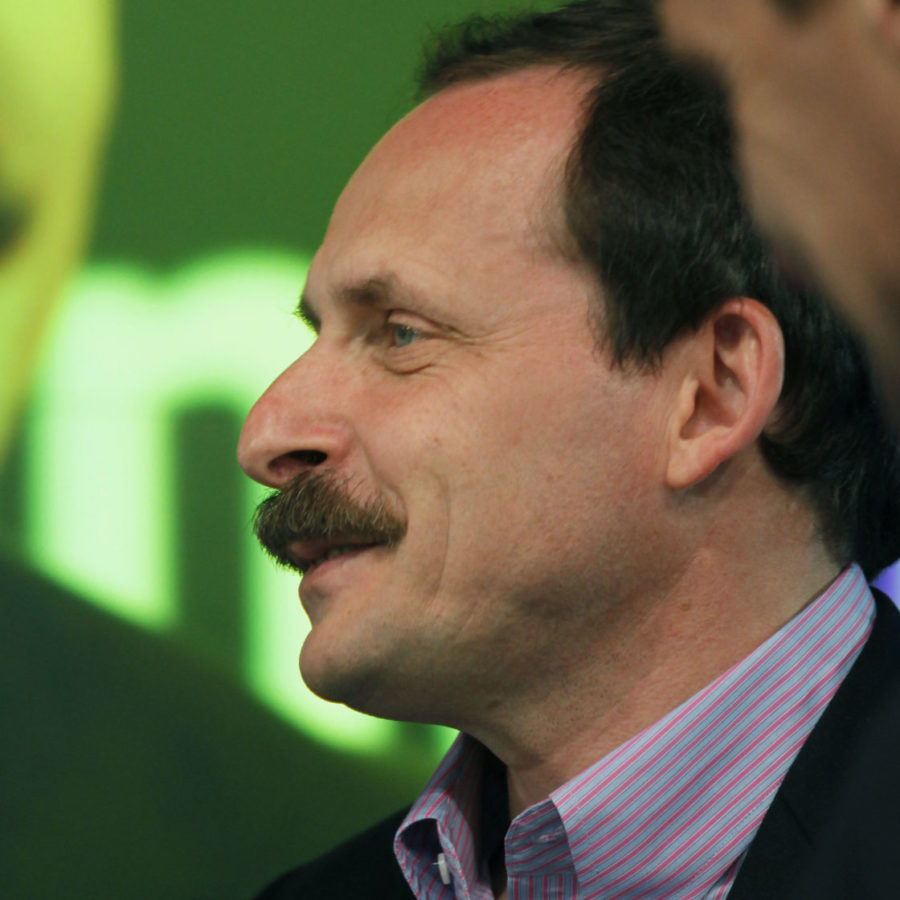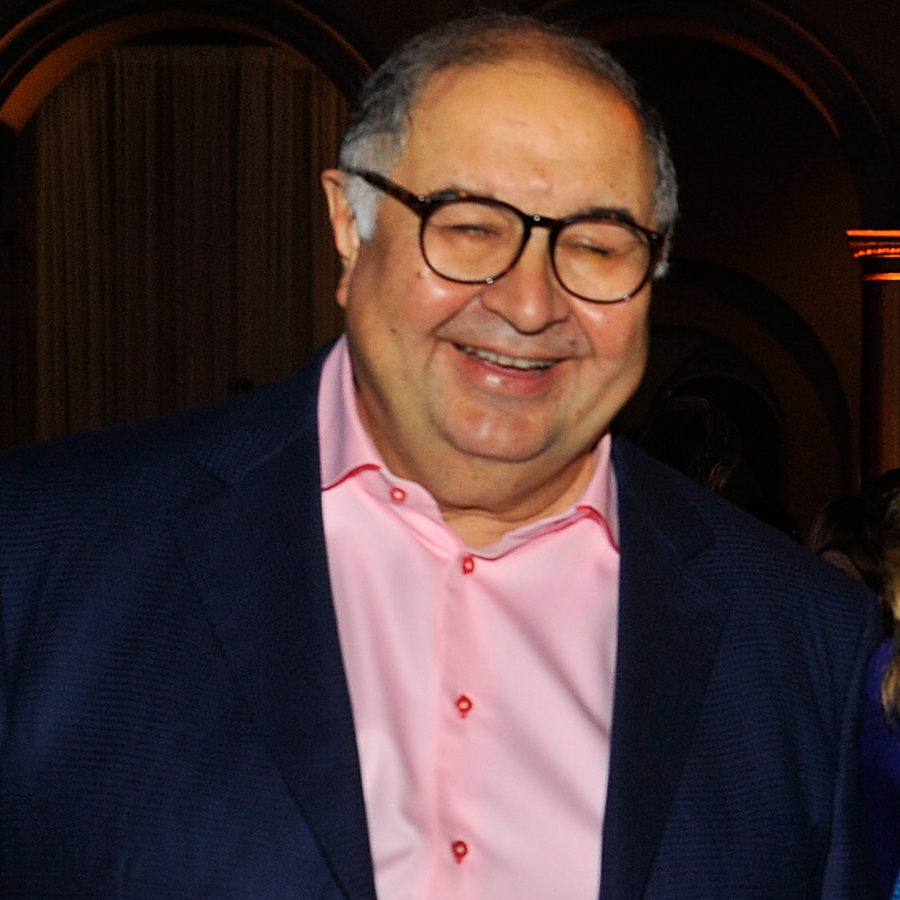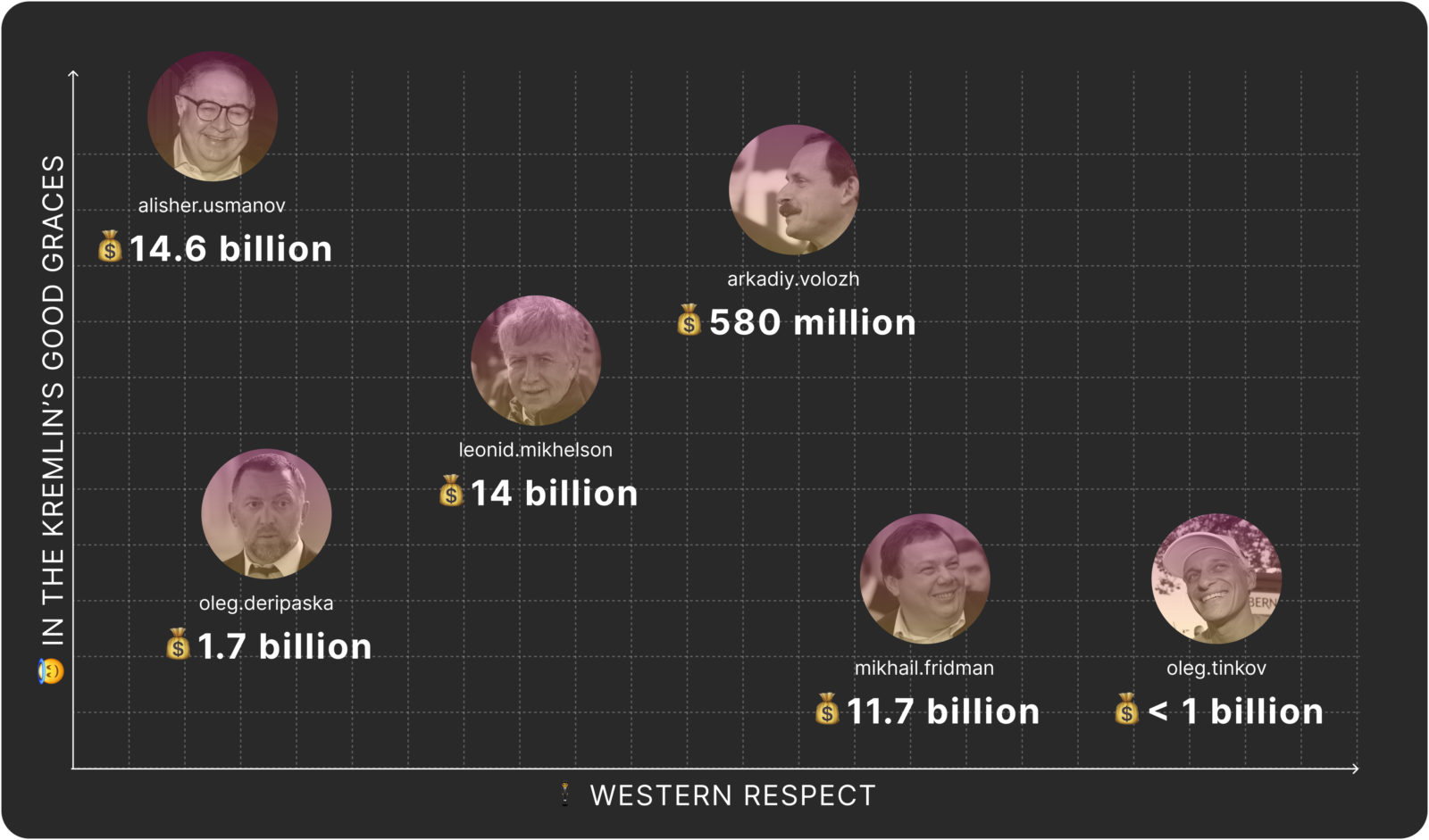Oleg Deripaska: playing the long game
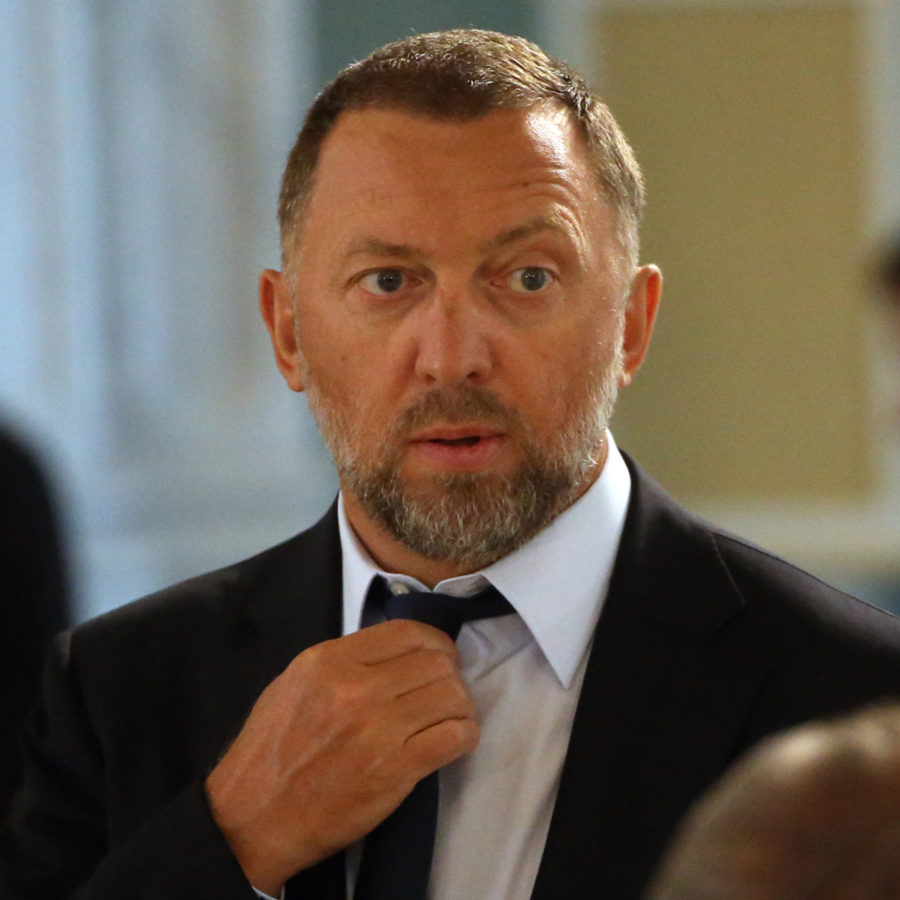
oleg.deripaska
Businessman, not oligarch. I’ve earned what I’ve made. I do what I do out of love for my country.
Father * Businessman * Self-made
#stopthewitchhunt
🕴️🏛️💰🐶
Businessman, not oligarch. I’ve earned what I’ve made. I do what I do out of love for my country.
Father * Businessman * Self-made
#stopthewitchhunt
🕴️🏛️💰🐶
Immediately after Russia invaded Ukraine last year, the U.K. imposed sanctions on 100 Russian oligarchs and companies.
At the top of that list was Oleg Deripaska. One of Putin’s closest confidants, Deripaska presents himself as a businessman concerned with fighting Ebola in Africa and rescuing stray dogs in Moscow. But he is also a key conduit between Putin, the U.K. Parliament and the White House.
Deripaska made his mega fortune — he has been listed among the top 10 richest people in the world — mostly from aluminum, a lucrative commodity at the center of a 1990s-era turf war in Russia. Lives were lost. Ultimately, Deripaska won an epic competition to dominate the Russian aluminum market.
Precious Metals
His ascent to wealth started in 1994, when Deripaska, then 26 years old, seized control of the Sayanogorsk aluminum smelter in Siberia. Over the next several years, Deripaska struck a deal with another charismatic metals miner, Roman Abramovich, to create Rusal, one of the world’s largest aluminum companies, and then Basic Element, one of Russia’s largest multinational conglomerates, totaling six different business units working across the world.
Deripaska’s wealth climbed to new heights in the 2000s — and Deripaska was derided for corruption because of it. He was denied a visa to enter the U.S. in 2006 over alleged ties to organized crime. A memo leaked from the U.S. Embassy in Russia described Deripaska as “among the 2-3 oligarchs Putin turns to on a regular basis.”
Their tight relationship was on display at the 2014 Winter Olympics when more than a billion dollars went to a Deripaska-owned company for the construction of the Sochi International Airport, the main Olympic village and the Imeretinsky Port, Putin’s showcase of Russia.
In an email statement, a spokesperson for Deripaska maintains that the oligarch has had no ties to organized crime and that his proximity to Putin has been fabricated as a means to justify sanctioning him.
Foreign appropriation
The U.S. first imposed sanctions on Deripaska in 2018, along with six other Russian oligarchs, accusing them of “malign activity around the globe.” But sanctions had little effect on Deripaska’s ability to travel. He had already bought a golden passport from Cyprus (which was revoked in 2019), and the Kremlin would grant him diplomatic status in 2021. After Deripaska was hit by British sanctions in 2022, the U.S., the EU, Australia and Canada quickly followed suit.
Despite his transparent Kremlin links, Deripaska has effortlessly navigated the British establishment. He forged business ties with senior politicians across the political spectrum. After the invasion, Tory peer Greg Barker resigned as the chair of Deripaska’s mining firm and a British judge froze the accounts of a British businessman that the U.K.’s National Crime Agency alleged Deripaska used to skirt sanctions.
The Mueller report detailing the Trump campaign’s collusion with the Russians cast a starring role for Deripaska. Paul Manafort worked for Deripaska between 2005 to 2009 to promote Russian interests. When Manafort headed Donald Trump’s election campaign, he offered Deripaska private briefings with campaign officials. The U.S. Senate Select Committee on Intelligence concluded that “Manafort’s influence work,” prior to his role on the Trump campaign, “for Deripaska was, in effect, influence work for the Russian government and its interests.”
An email response from a spokesperson for Deripaska denied the claims that he and Manafort worked to promote Russian interests and suggested that the two men’s relationship was limited to investment consulting services.


Denial of service
In social media and TV interviews, Deripaska has shrugged off the characterization that he holds Kremlin influence or has any role in Russian politics. In a 2019 Instagram post, Deripaska derided the sanctions regime as “political scheming” based on “unfounded rumors” and announced legal efforts to reverse the U.S. Treasury sanctions. Those efforts swiftly failed. He has also been critical of Russia’s war in Ukraine, describing it as a “colossal mistake” in June 2022.
We abandoned everything that we achieved in the 2000s, and now we are sitting and waiting for victory. Victory of what? Whose victory?" — June 28, 2022
After Putin, Deripaska’s second most important relationship seems to be with the FBI. In October 2021, the FBI raided two prominent Deripaska-linked properties in Washington, D.C. and New York as part of an investigation into his ties to the Kremlin and his efforts to evade sanctions. Last fall, the U.S. Department of Justice charged Deripaska with evading sanctions and conspiring with other individuals to ensure that his children would be born as U.S. citizens. Bombshell revelations emerged in January 2023, when the FBI arrested the former top U.S. counterintelligence official, Charles McGonigal, for allegedly working for Deripaska.
But Deripaska, through a spokeswoman, told the New York Times that he did not hire McGonigal and that he had never been close to Putin.
Research by Rebekah Robinson.
